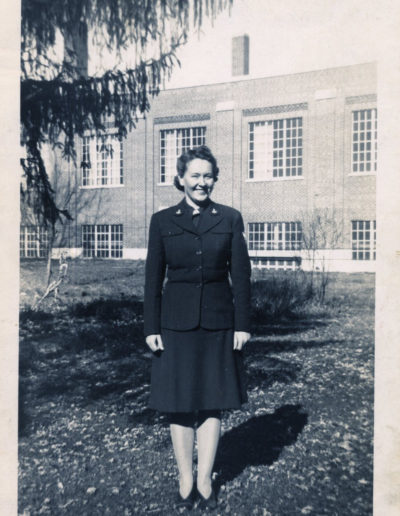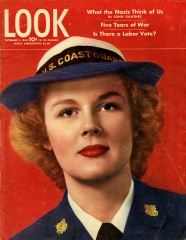Recording Your Story
There are a great deal of choices you’ll be faced with when recording your oral history interview. Keep these points in mind.
- Your interview will be held for posterity in an archive. Make sure that you are using high quality files (aiff audio files are generally better quality than mp3) to maximize audio quality. The Oral History Association offers a great resource list for nonspecialists doing oral history inteviews.
- Don’t record interviews on your cell phone or through your computer without using an external microphone. Some smartphones have microphone adapters which provide for high quality recordings; these can often be input into computers as well.
- When recording video interviews, be sure to use a tripod or some other stabilizing device, especially if using a smartphone or tablet. Again, an external microphone is a must for the best audio quality.
- Increasily, Skype, FaceTime, Zoom, and other web-based recording platforms are being used to share oral histories. If you’re recording an interview remotely, be sure that you’re using an app that will directly record the audio input. You don’t want to record the speakers because that will sound tinny. Check out the remote interviewing webinar from the Institute for Oral History at Baylor University for some great tips.



